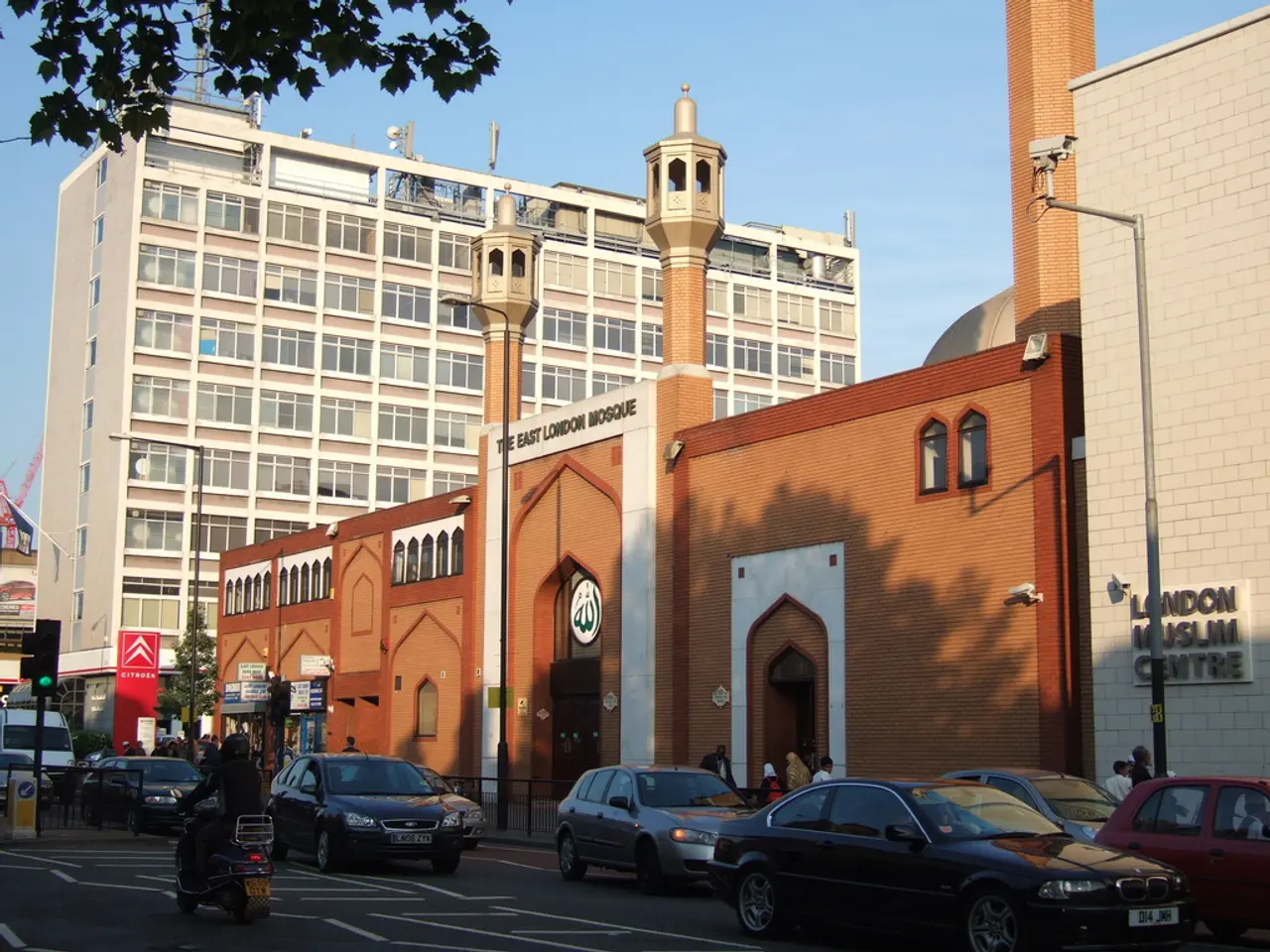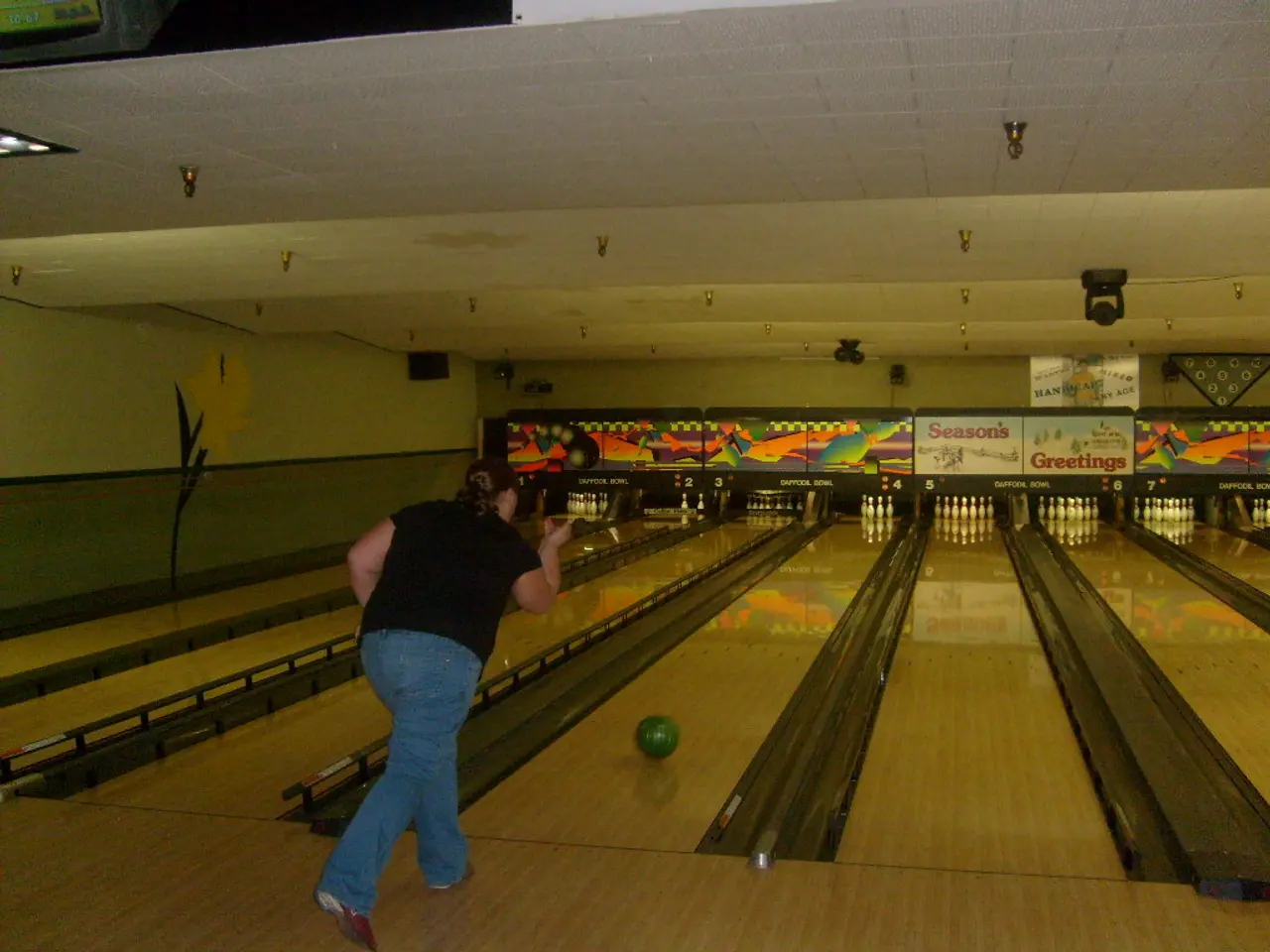United States-mediated agreement endorsed by Lebanon, aiming to restrict Hezbollah influence, and redeploying Lebanese military to the border.
Lebanon's Ceasefire with Israel Remains Tense as Government and Hezbollah Clash over Disarmament
The ceasefire between Hezbollah and Israel in Lebanon, officially agreed upon in November 2024, remains fragile and frequently violated. Israel continues to carry out near-daily air strikes in southern Lebanon, citing Hezbollah activity, despite the agreement and Israel's delayed pullout from occupied positions.
In a significant move, the Lebanese Cabinet has approved a United States-brokered proposal aimed at cementing the cease-fire. The proposal includes a pledge to end the armed presence of groups such as Hezbollah and stipulates that weapons in Lebanon must be held solely by state institutions.
However, the Lebanese government's support for the proposal is limited to the objectives, with debate ongoing about implementation details. Hezbollah and its allied ministers have protested the discussions, with Hezbollah Secretary-General Naim Qassem stating that this is a national security issue and they are ready to discuss a defense strategy, but not under the pressure of aggression.
The Lebanese government has formally approved the objectives of the US-backed plan, known as the "Barak Framework," which aims to disarm Hezbollah and other armed militias by the end of 2025. The plan includes staged steps such as disarming light and medium weapons within 60 days, completing Israeli withdrawal from occupied positions, and full disarmament of heavy weapons including missiles and UAVs within 120 days. The plan also calls for a halt to Israeli strikes and economic assistance to Lebanon.
Despite the Lebanese government's approval, Hezbollah and its allies have rejected the plan and escalated their rhetoric. Hezbollah has declared the government's move to disarm its fighters as "nonexistent" and vowed to resist any such decision. Hezbollah ministers and allies from the Amal Movement boycotted the Cabinet meeting that authorized the army to begin preparing the disarmament mechanism.
The Lebanese parliament speaker, Hezbollah ally Nabih Berri, is acting as a mediator between Hezbollah and the Lebanese government to manage concerns and coordinate efforts to implement the disarmament plan sensibly, avoiding escalation or protests.
Prime Minister Salam defended the move, saying, "The use of arms must be limited to the Lebanese army and security forces. Any armed activity outside these institutions has no legal basis." Foreign Minister Youssef Raggi called the Cabinet's decision "historic and final," adding that it reflects the public's desire for state authority over all armed groups.
The decision to deploy the Lebanese army to border areas is meant to restore stability, uphold state authority, and launch reconstruction efforts. President Aoun also stressed that restoring political and security stability is essential for reviving Lebanon's economy and implementing long-delayed reforms.
In summary, the ceasefire between Hezbollah and Israel in Lebanon is a fragile situation where diplomatic initiatives and security tensions remain highly intertwined. The Lebanese government supports the objectives of the US-proposed phased disarmament of Hezbollah by end of 2025 but has not finalized terms. Hezbollah opposes the disarmament and protests government moves, with mediation efforts ongoing to avoid conflict. Implementation of disarmament arrangements faces significant political, security, and practical challenges.
- The ceasefire situation in Syria, which is frequently disrupted by war-and-conflicts, might find parallels in the fragile ceasefire between Hezbollah and Israel in Lebanon.
- Turkey's parliament might take a keen interest in the policy-and-legislation surrounding the ceasefire between Hezbollah and Israel in Lebanon, due to its geographical proximity and potential implications for regional politics and general-news.
- In the midst of this ceasefire, the Syrian government's stance, along with its approach toward similar issues of disarmament and state authority over armed groups, could provide valuable insights for Lebanon's current situation.
- The economic recovery of Lebanon, particularly after the implementation of the proposed disarmament plan, could potentially attract significant foreign investments from Turkiye, especially given Turkiye's growing role in regional economy and its interest in regional stability.








